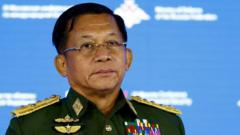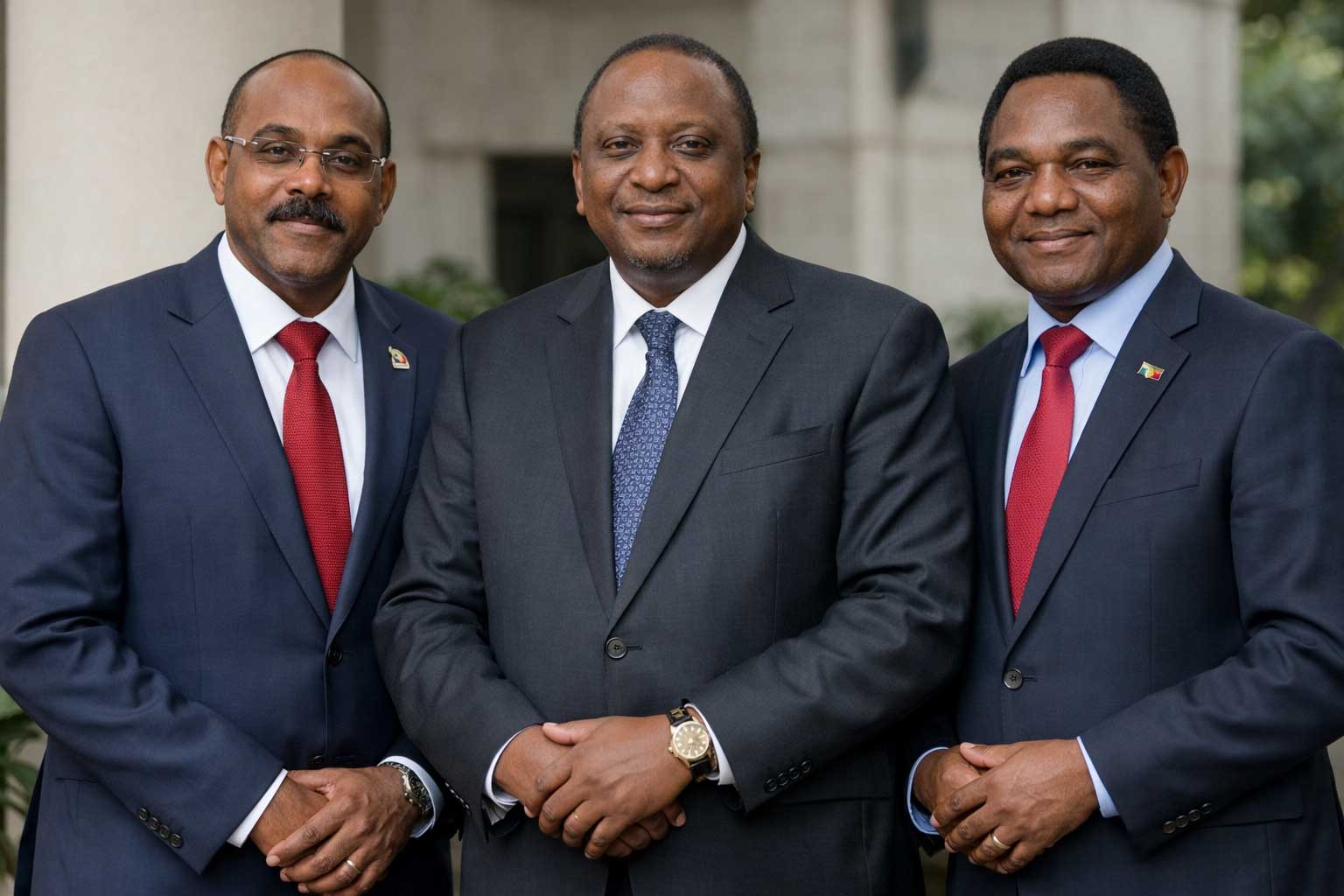The chief prosecutor of the International Criminal Court (ICC), Karim Khan, has formally requested an arrest warrant for Min Aung Hlaing, the military leader of Myanmar, in connection with crimes against humanity against the Rohingya Muslim population. This significant legal action comes five years after a massive exodus of Rohingyas to neighboring Bangladesh, triggered by a military campaign that has been characterized by the United Nations as genocidal.
Khan asserted that there are reasonable grounds to believe that Min Aung Hlaing bears criminal responsibility for the persecution and deportation of Rohingya individuals. Reports indicate that in 2017, following violent attacks by Rohingya militants on over 30 police posts, the military retaliated with extreme measures, including village burnings and civilian killings. According to medical charity Médecins Sans Frontières (MSF), at least 6,700 Rohingya, including around 730 children under five, were killed shortly after hostilities erupted.
Furthermore, claims of widespread sexual violence against Rohingya women and girls have been made by Amnesty International, highlighting the brutal nature of the military's response. Despite the gravity of the allegations, Myanmar's government has consistently denied the charges, asserting that their actions were merely aimed at countering militancy.
The international community has reacted strongly, demanding accountability for the severe human rights abuses perpetrated against the Rohingya. However, achieving legal recourse had been complicated, primarily because Myanmar is not a signatory to the ICC. Nevertheless, the ICC's prosecutor could invoke jurisdiction based on the alleged deportation crimes occurring in Bangladesh—a signatory nation—creating a potential pathway for legal proceedings.
An impending decision from a panel of three ICC judges now hangs in the balance as they consider the request for an arrest warrant against Min Aung Hlaing. In parallel, there is an ongoing genocide case against Myanmar's military at the International Court of Justice.
Human rights organizations have lauded the prosecutor's initiative, with Maria Elena Vignoli from Human Rights Watch stating that this action serves as a "strong warning" to Myanmar's military leaders about their impunity. Tun Khin, president of the Burmese Rohingya Organisation in the UK, described the day as a "rare celebration" for the Rohingya community, deeming it a significant step towards justice.
In the current context, Myanmar is embroiled in a civil war, resulting in substantial military losses for Min Aung Hlaing’s forces. Since he orchestrated a coup against the elected government of Aung San Suu Kyi in 2021, he has become a figure of international condemnation, with limited prospects of facing trial at the ICC in The Hague. For the hundreds of thousands of Rohingyas languishing in refugee camps in Bangladesh, these legal proceedings may represent a long-awaited acknowledgment of their plight.





















